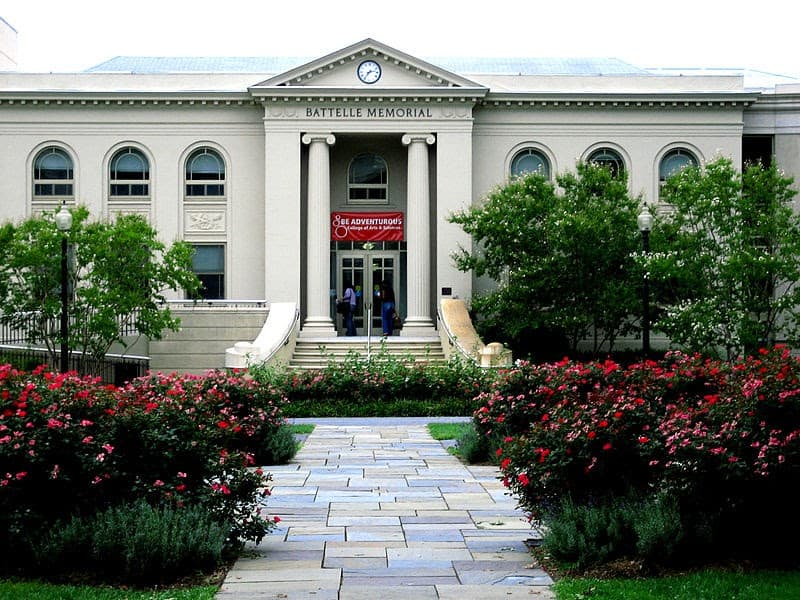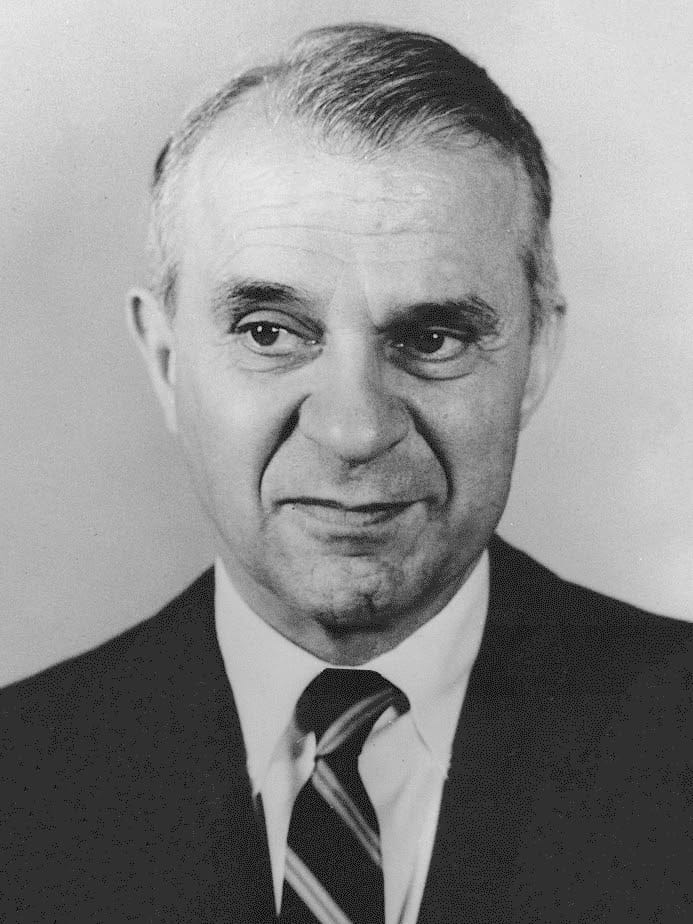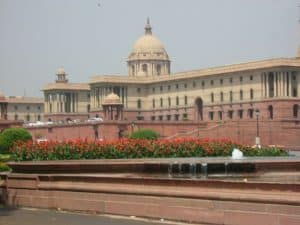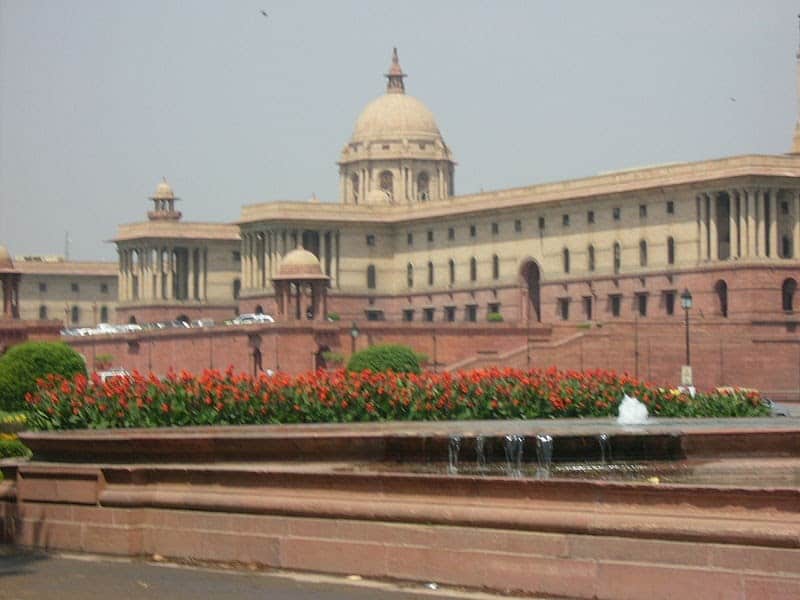Madhumita Gupta had a long and successful career serving as a Foreign Service National with the U.S. Agency for International Development (USAID). Her background and upbringing played a key role in making her the person she became. She grew up in a household that was constantly brimming with knowledge.
Her father was proficient in economics and government, which led to the family moving around a lot and thus exposing Gupta to many new and different situations. Gupta’s father also had some high-profile friends, such as Dr. Kenneth Arrow, Dr. Amartya Sen, and Professor Leontief—all of whom are Nobel prize laureates. As a young woman experiencing this during her formative years, Gupta was always learning new things and this segued perfectly into her professional life. As a career Foreign Service National with USAID, she worked in many different sectors and places, with her determination and drive always pushing her towards success. All of this came together to create a unique, successful, and impactful career.
Madhumita Gupta’s father taught her many things, but it was her own discipline and drive that led to her success. She wanted to be an economist, like her father, and she notes that although he was supportive he tried to dissuade her—most likely because “he knew the frustrations of being an economist.” She pursued this interest, studied economics at American University, and received her Masters in Business Administration from George Washington University. However similar their passions, Gupta worked tirelessly and achieved everything she did on her own merit; her father always taught her to be “self-taught and self-made” and did not want his position as a well-known economist to be the reason she was able to get positions. This gave Gupta the ambition to work hard, and stands as a true testament to the idea that working hard can lead to great rewards.
What did this success look like? In this “moment” in U.S. diplomatic history, we explore the motivations and career insights offered by Madhumita Gupta. Although she had a lengthy career that took her to many different countries, one of her favorite places remains her home country of India. She worked for numerous employers in India before joining USAID. She served in the Technical Assistance and Support Project (TASP) beginning in the 1990s, which helped the government of India (GOI) across a large number of sectors, including enacting change in economic policy and helping India find new state-level partners. This is just one example of career success; but her enthusiasm, drive, and “self-made” attitude certainly proved to be a common theme and driving force in her fruitful career.
Madhumita Gupta’s interview was conducted by Alexander Shakow on November 29, 2016.
Read Madhumita Gupta’s full oral history HERE.
Drafted by Charles Gfeller
ADST relies on the generous support of our members and readers like you. Please support our efforts to continue capturing, preserving, and sharing the experiences of America’s diplomats.
Excerpts:
“I was left to figure it out by myself (or not).”

Striving to be “Self-Made”: So this is my theory on this: I think sons have this problem because there’s usually a ‘legacy issue’; John Senior to John Junior or James the First, Second, Third, etc. So, the shadow of the father always looms over the son(s). I don’t think daughters have that issue. Daughters like to challenge their fathers because their doting fathers allow them to do so. (Laughter) But as I mentioned, I don’t think my father really wanted me to go into economics. Maybe because he knew the frustrations of becoming an economist. He tried to dissuade me quite a bit. I was actually quite good at art and even got a scholarship. I think my mother would’ve liked if I’d gone into art; I think she thought I’d have a happier life in that environment. But this whole thing about being in the shadows of my father – I don’t think I ever saw it that way.
My father was extremely protective, loving, and fun. If I had the chance to choose, I would choose my father over and over again. But at the same time, he had certain strict principles: He believed in ‘self-taught and self-made.’ He was a brilliant mathematician, statistician, and economist but if ever I asked him for help, he would almost run away. I was left to figure it out by myself (or not). Similarly, I never received any help from my father in getting a job. There were times when I knew one phone call from him would get me what I wanted—but it never came. But for anything else (clothes, vacation, etc.), I didn’t even have to ask.
“This flexibility allowed us to take risks…”

Enacting Change in India: Fourth success was to use this flexible funding mechanism to design activities that helped India see both the costs and benefits of economic reform and structural adjustments, and both in developed as well as developing countries. The flexibility allowed for co-design between us and the GOI—making the activities more useful to our host. So from policy reform to speakers series to twinning of institutions to focused conferences and seminars—all had an element of co-design. This flexibility allowed us to take risks under TASP because we shared the risk with our host. For example, when we first brought-in Jeff Sachs under our Distinguished Authors Series, the mission director called me into his office to say, “Madhumita, you’re taking a risk, you’re bringing Jeff Sachs; the whole thing can backfire.” At the time, Jeff Sachs didn’t have a very good reputation; he’d made a mess in Poland, Russia. But because of the close collaboration we’d developed under TASP with the GOI, we were confident it wouldn’t backfire.
Table of Contents Highlights
Education
American University and George Washington University
Early Work 1981–1992
Organization for Economic Co-operation and Development
World Bank in India
USAID Career Begins in USAID/India 1992
Technical Assistance Support Project


